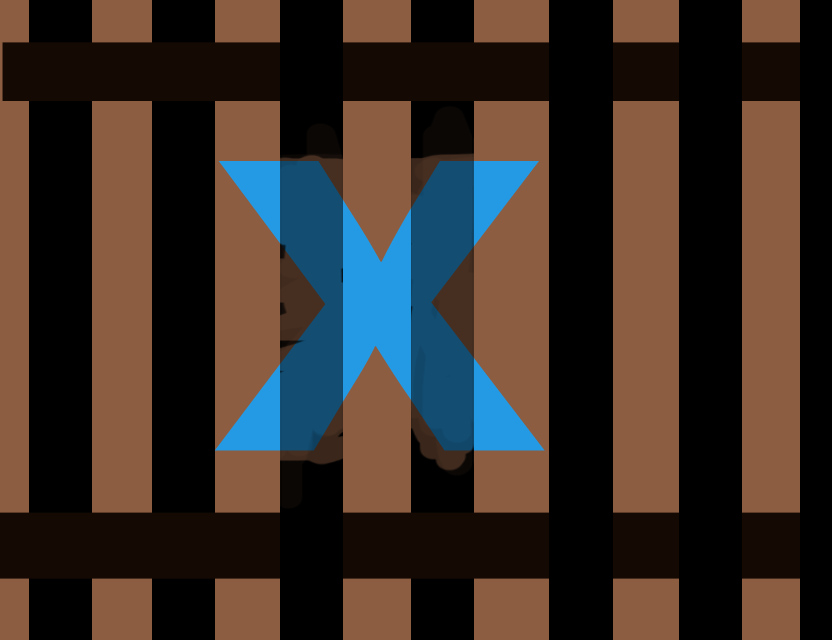 Following the release of a report delayed by two years, Israelis are angered by governmental censorship with respect to the Israeli prison system. Benjamin Zygier, previously identified as Prisoner X, was found hanging by a makeshift noose on the night of December 15, 2010. For two years, the case was under a governmental gag order, preventing any journalists from publishing details of the story.
Following the release of a report delayed by two years, Israelis are angered by governmental censorship with respect to the Israeli prison system. Benjamin Zygier, previously identified as Prisoner X, was found hanging by a makeshift noose on the night of December 15, 2010. For two years, the case was under a governmental gag order, preventing any journalists from publishing details of the story.
This past Tuesday, a part of the report was released identifying Prisoner X as Zygier, an Australian and Israeli citizen. Zygier was furtively sentenced to solitary confinement in a high-security prison outside of Tel Aviv on account of charges related to national security.
Although Zygier’s death was deemed a suicide (he was found hung by a wet bed sheet), the prison is under investigation for irresponsible care of its prisoner. Inconsistencies in the prison’s surveillance procedures provided Zygier with the opportunity to commit suicide. The discrepancies on the prison’s part may indicate governmental accountability.
Recognizing that the prisoner voluntarily took his life, the judge assigned to the case, Daphna Blatman Kedrai, still holds the authorities responsible for his death.
“The fact is that the mission of supervising the deceased according to known orders was not carried out. There is possible evidence to the guild of elements in the prison authority in causing the death,” said Kedrai.
With only 10 pages out of the 29-page report released, little is known about the incarceration and background of the prisoner. Benjamin Zygier passed away at the age of 34. He grew up in Melbourne, Australia and moved to Israel to serve in the Israel Defense Forces, later becoming a citizen and working as a lawyer. It is rumored that he then became an agent for Mossad, Israel’s intelligence service. He was arrested in Feb. 2010 after being accused of potentially revealing Israel’s secret use of false passports in intelligence operations.
Following a statement requesting further investigation of the case from the Executive Council of Australian Jewry, uproar among the Israeli news organizations in response to the difficulty of obtaining information about the case ensued. “We demand that Israel tell us exactly what happened to Ben,” said an unidentified family member to the Israeli daily Yediot Aharanot. The family strongly supports further investigation.
The judge has examined numerous pieces of evidence, including testimonials, photographs and diagrams of the scene of the death, medical files, and documentation of phone calls. Judge Blatman Kedrai even revealed that some of the “testimony [was] taken under warning from workers of the prison authority with the suspicion of negligence in carrying out their jobs.”
In response to the recently exposed accusations of negligence, the prison service released a statement claiming a reduction in the number of prison suicides since the Prisoner X case. Still, widespread outrage about the prison’s neglect has finally led to an investigation.
The Association for Civil Rights in Israel released a letter to Israel’s attorney general condemning the censorship and demanding that the journalistic gag order be repealed. The secrecy has also led to skepticism about the information that has been made public.
“What is far more concerning, of course, is the fact that a man was held in detention under heavy secrecy, and nothing was published about the reason for his arrest or the circumstances surrounding his death,” stated Dan Yakir, the chief legal counsel of The Association for Civil Rights.
The Israeli government has not yet released further information in response to the plethora of unanswered questions about Ben Zygier’s case.

